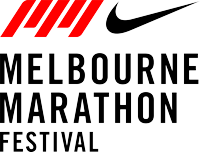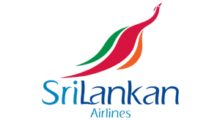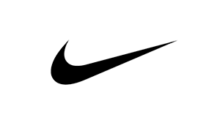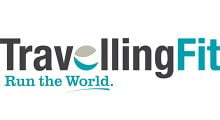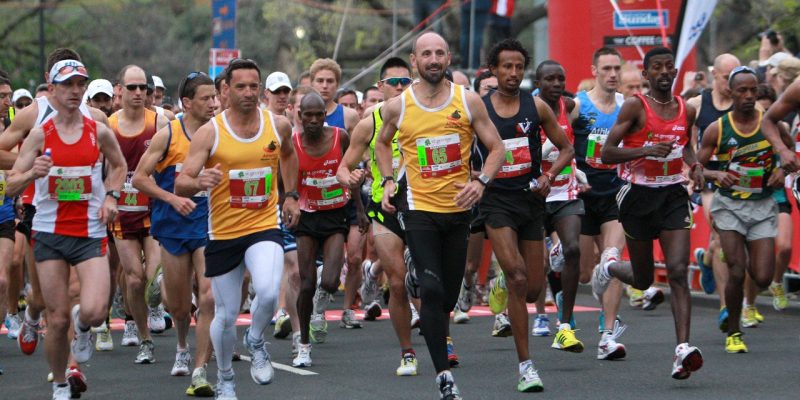
The countdown of the top 10 most memorable Melbourne races continues with our panel of experts selecting 2010 at No.9.
No.9
The Year: 2010
The Winners: Japhet Kipkorir (Ken) 2:11.04, Mulu Seboka (Eth) 2:32.20
The Race
When race day came and the temperature was 11C at 7am with not a breath of wind, it spelt one thing – PBs … and records.
For starters 5072 marathoners completed the course, making it the largest Australian marathon by finishers ever, eclipsing the 4798 in the 1983 Melbourne Marathon and the 4778 in the Sydney 2000 Olympic trial marathon.
While many top Australian distance runners were in Delhi at the Commonwealth Games, two Africans broke longstanding race records.
Kenyan Japhet Kipkorir won a $5000 bonus on top of $8000 for first place after finishing in 2:11.04, four seconds faster than the time US legend Bill Rodgers recorded in 1982.

Kipkorir, a cattle farmer from Eldoret (about 300km north of Nairobi), was granted an airfare after being recommended by Dan Hornery, a friend of course director Anthony Marchesani.
“I felt great. The other guys, they didn’t want to lead, so I knew I had to do it by myself,” Kipkorir said.
Not part of any mainstream Kenyan distance running program, he did not know who “Boston Billy” Rodgers was when asked. But he did know what to do with the money – buying an extra five acres for his farm and increasing his livestock.
The women’s winner was clearcut from the moment Ethiopian Mulu Seboka got off the plane from Addis Ababa.

Seboka, 27, was part of the Ethiopian national squad. That put her regularly under the eye of distance legend Haile Gebrselassie, who had told her two years earlier to reduce her training workload of 280km a week.
She had won the Toronto and Mumbai Marathons and six weeks before Melbourne had won Perth’s City to Surf marathon.
As with Kipkorir, Seboka picked up $13,000 after crossing the line in 2:32.20, taking 67 seconds off the record set by Sue Hobson in 1999.
Kipkorir and Seboka weren’t the only ones running fast.
A total of 223 runners broke three hours, including 13 women.
Nine men over the age of 50 broke 3hours, including 1999 winner Michael McIntyre, 52, who was 20th overall in 2:31.43.
Rowan Walker, then aged 40, was a surprise Australian champion when he charged home for third in 2:18.01.
Geelong’s Colin Thornton moved through the field for eighth place in 2:25.04. He didn’t quite run a negative split but he made the fastest exit from the MCG when told his wife, who was expecting, had gone into labour.
The battle for second place in the women’s race proved a ripper with Kiwi Sarah Biss being passed by Sunshine Coast schoolteacher Roxie Fraser (nee Schmidt) at the 41km mark.
Fraser claimed second in 2:43.52 and her Australian title win meant her prizemoney was $7500 — not bad for someone who wasn’t going to enter until two weeks before the race.
“I’ve had tendinitis so I didn’t think I’d do the race. I really just turned up because my twin sister Cassie, who lives in Melbourne, was going in it,” she said.
Why it was memorable
Mona says: “Both race records established the course as potentially fast which was significant for future years.”
Turney says: “Both race records were broken and it was a great effort to get two runners of their calibre over here to compete.”
Muirden says: “The 1983 finishers’ record had stood for 27 years and Australia’s population had grown a further 7 million, so it was about time we broke 5000.”
Our panelists:
Steve Moneghetti – Berlin and Commonwealth Games Marathon winner, Balllarat running icon, Comm Games Chef de Mission and regular Melbourne Marathon TV commentator
Jackie Cook (nee Turney) – Two-time race winner (1981 and 1987) and coach of many Melbourne Marathon entrants
Chris Muirden – Race historian, regular entrant and former course director
